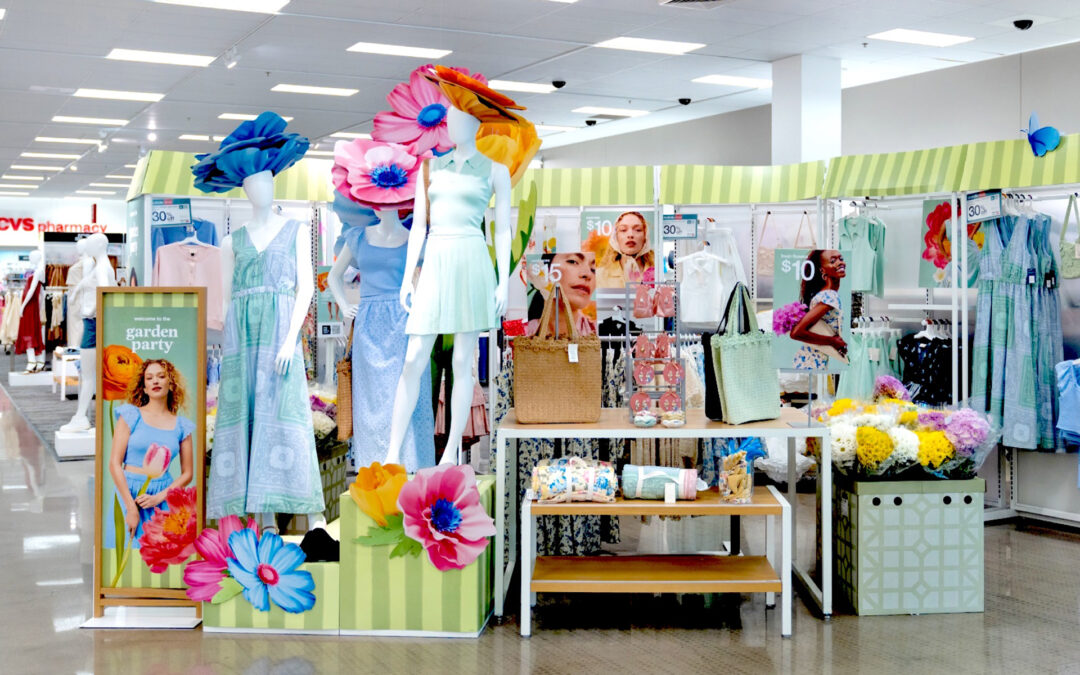After making gains earlier in the summer, consumer confidence retreated in August, according to The Conference Board, as grocery and fuel prices worried consumers.
In breaking down present assessments, 20.7% of consumers said business conditions were good, unchanged from July, while 17.2% said business conditions were bad, up from 16.2%, As for the labor market, 40.3% of consumers said jobs were plentiful, down from 43.7% in July, while 14.1% said jobs were hard to get, up from 11.3%.
The next six months were more worrisome to consumers, with 16.2% of consumers saying they expect business conditions to improve, down from 17.2% in July, while 16.8% expect business conditions to worsen, up from 14.5%.
In looking at labor conditions, 16.7% of consumers said they expect more job availability versus 16.6% in July while 18% anticipate seeing fewer jobs on offer, up from 15.6%.
Consideration of short-term income prospects worsened in August with 16.5% of consumers expecting their incomes to increase, down from 17.8% in July, and 12.4% expecting their incomes to decrease, up from 9.9%.
Fewer consumers felt their family financial prospects would improve over the next six months and more felt they would worsen although the proportion looking for gains was higher than that for consumers looking for declines. The proportion of consumers anticipating a recession slipped to about 69%.
“Consumer confidence fell in August 2023, erasing back-to-back increases in June and July,” said Dana Peterson, Conference Board chief economist. “August’s disappointing headline number reflected dips in both the current conditions and expectations indexes. Write-in responses showed that consumers were once again preoccupied with rising prices in general and for groceries and gasoline in particular. The pullback in consumer confidence was evident across all age groups, and most notable among consumers with household incomes of $100,000 or more, as well as those earning less than $50,000. Confidence held relatively steady for consumers with incomes between $50,000 and $99,999.”
Peterson added, “Assessments of the present situation dipped in August on receding optimism around employment conditions: fewer consumers said jobs are plentiful and more said jobs are hard to get. Hard data confirm that employment gains have slowed, overall wage increases are less generous compared to a year ago, and the average number of weeks of unemployment is ticking upward. Business conditions in August were little changed from July, but still somewhat lower than in June. When asked about current family financial conditions, a measure not included in calculating the Present Situation Index, the share of respondents citing a good situation fell, and those citing bad conditions rose, signaling concerns about family finances presently.”
Lower expectations for the next six months, Peterson indicated, reflect “less confidence about future business conditions, job availability and incomes. Consumers may be hearing more bad news about corporate earnings, while job openings are narrowing and interest rates continue to rise making big-ticket items more expensive. Notably, expectations for interest rates jumped in August after falling two months ago. Also, the outlook for stock prices fell and average 12-month inflation expectations ticked up. The measure of expected family financial situation, six months hence, not included in the Expectations Index, softened further. The proportion of consumers saying recession is somewhat or very likely ticked down again in August but remained elevated at 69%. These soundings likely reflect ongoing uncertainty given mixed buying plans. On a six-month moving average basis, plans to purchase autos and appliances continued to trend upward but plans to buy homes, more in line with rising interest rates, continued to trend downward. The dip in overall confidence notwithstanding, consumer plans to go on vacation, especially abroad, leaped upward in the month and slightly exceeded August 2022 readings, suggesting a continued penchant for spending on services.”





